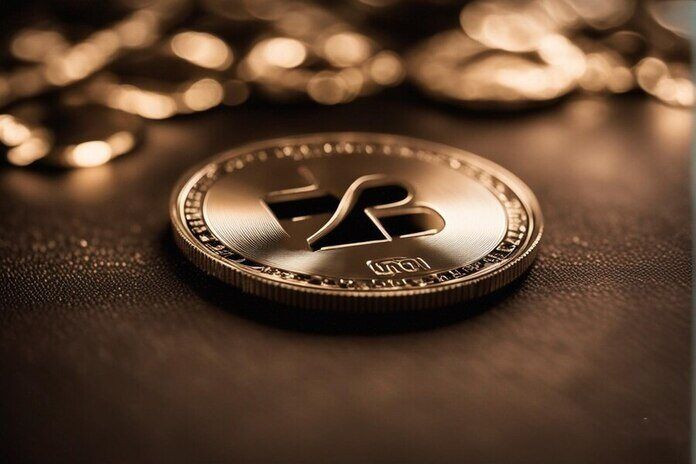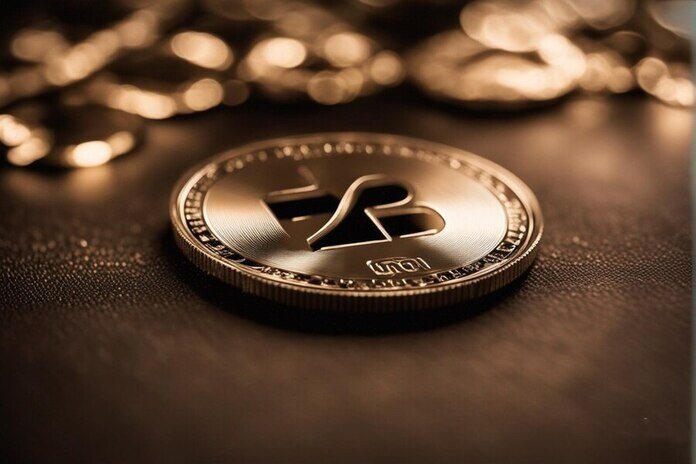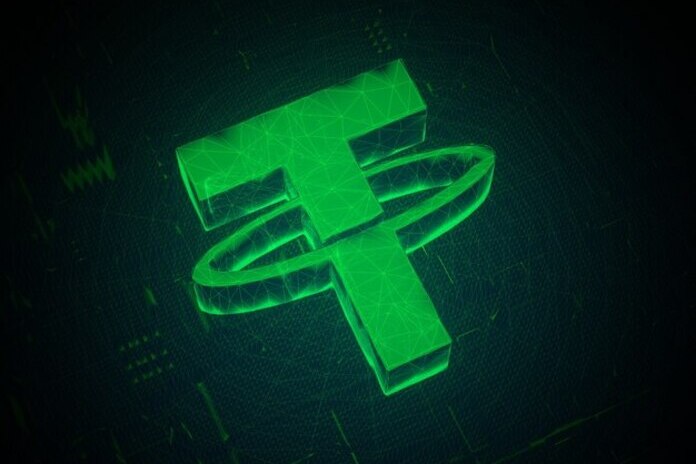Bank of England and FCA Aim for Autumn 2024 Launch of UK Digital Securities Sandbox Cohort

The Bank of England (BoE) and the Financial Conduct Authority (FCA) are eyeing autumn 2024 for the debut cohort of participants in the UK Digital Securities Sandbox (DSS), designed to facilitate the adoption of digital assets within financial markets.
Presently, the central bank and regulatory body are seeking feedback on their proposed operational framework for the DSS, with plans to open applications during the summer.
In a joint consultation and draft guidance released on Wednesday, the BoE and the FCA outlined their aspirations for the inaugural group of entrants into the Digital Securities Sandbox, a venture aimed at fostering innovation in digital assets. This initiative involves adapting regulations to permit eligible UK firms to utilize emerging technologies, such as blockchain and distributed ledger networks, in the trading and settlement of digital securities, excluding derivative contracts and “unbacked crypto assets” like bitcoin and ether.
FCA Executive Director Sheldon Mills emphasized the transformative potential of the DSS, stating, “The new Digital Securities Sandbox reshapes how we regulate by allowing firms to test regulatory changes using real-world situations before these changes are made permanent.” Mills added, “The new sandbox also helps strengthen the U.K.’s leading position as a global and vibrant financial center, by driving adoption of new technologies for trading and settling traditional assets.”
It’s crucial to note that the DSS differs from the Digital Sandbox, launched by the FCA in August 2023, which supports firms in the nascent stages of digital product development.
Timeline and Implementation
The UK Treasury initially proposed the DSS in July 2023, followed by the government’s response to the consultation and plans to enact legislation to implement the initiative in November. Subsequently, the government introduced new regulations in December, providing supervisory guidelines for the sandbox under the Financial Services and Markets Act 2023, which took effect on January 8.
Following the release of the joint consultation paper, interested parties have until May 29 to provide feedback. Subsequently, the BoE and FCA will issue a response and begin accepting applications for the DSS, scheduled for the summer of 2024. The regulators anticipate that the first cohort of DSS participants will join the initiative as early as autumn.
BoE Executive Director for Financial Market Infrastructure, Sasha Mills, emphasized the importance of the Digital Securities Sandbox, highlighting its role as a crucial tool for regulators to understand how to adapt safely to technological advancements and changes in critical financial market processes such as securities settlement. Mills also expressed a warm welcome to input from potential participants and expressed anticipation for collaboration with the FCA, government, and industry throughout the DSS.
Successful applicants will have the opportunity to offer securities depository and settlement services and operate a trading venue under a single legal entity. The DSS aims to encompass a diverse range of firms to maximize learning opportunities and foster innovation within the UK financial system. This endeavor could pave the way for expedited and cost-effective trading, settlement, and utilization of securities among financial market participants. The initiative is slated to run for five years, contingent upon entry limits, and could culminate in permanent regulations governing the trading and settlement of digital assets.
Featured Image: Freepik






